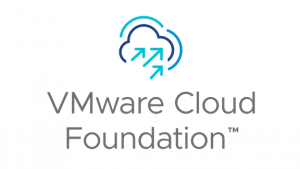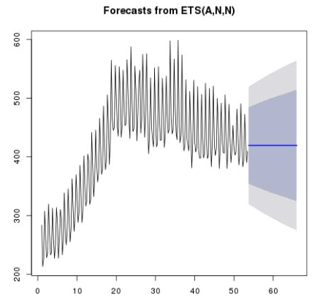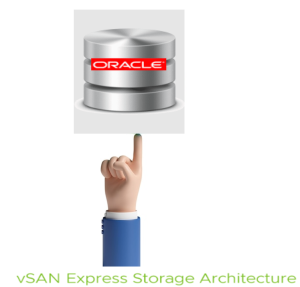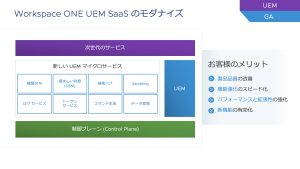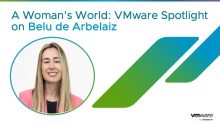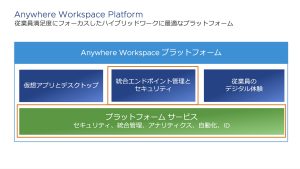
As we navigate the complexities of the digital landscape, data sovereignty emerges as a critical theme that is constantly in the news. It’s no surprise as it is the linchpin that secures our digital assets within the defined boundaries of national laws and governance. VMware has been at the forefront of this movement, establishing a pioneering framework for our cloud service providers aiming for the distinction of being recognized as VMware Sovereign Cloud partner.
This framework is not just a checklist; it’s a manifesto of distinction that links security, compliance, and operational integrity into the fabric of data sovereignty. Today there’s a tangible buzz around what it means to be sovereign in the cloud, and VMware’s 20-point scale is the map that leads cloud service providers to that esteemed destination.
I’m often asked what the framework is, so, let’s dive into the blueprint of cloud sovereignty, examining each point, and unraveling the value they bring to the Sovereign Cloud narrative.
Data Sovereignty & Jurisdictional Control
1. Exclusive Jurisdictional Control
The assurance that data remains under the protection of local governmental bodies is not merely a legal formality but a pillar of trust for customers. It ensures that the complexities of cross-border legal entanglements do not compromise their data integrity.
2. Data Residency and Compliance
By mandating that all data stays within the local territory and aligns with its laws, Sovereign Cloud Service Providers can guarantee compliance and operational transparency, which fortifies the trust of customers and stakeholders.
3. Protection from Foreign Authority
This criterion is the barricade against extraterritorial legal assertions, like the U.S. CLOUD Act, and the more worrying FISA 702, assuring customers that their data won’t become a pawn in international legal skirmishes.
Data Access & Integrity
4. Redundant Data Center Operations
Requiring operations in at least two local, within-region, data centers of high availability (Tier III+) is not just about redundancy; it’s about ensuring continuous service excellence and resilience against disruptions.
5-7. Comprehensive Data Management
The inclusion of versatile storage options, robust backup services, and reliable disaster recovery protocols underlines VMware’s commitment to preserving the integrity and availability of data within Sovereign Cloud Service Providers.
8. Connectivity
Low latency and secure connections between data centers are crucial for high-stakes communication, ensuring it is both swift and safeguarded.
9. Network Isolation
A secure and private network (air-gapped) is required, and that can operate independently of the public internet is paramount in an era where cyber threats are constantly evolving and all it takes is a single open port to the internet to be compromised….
Data Security & Compliance
10. Certified Security Controls
Sovereign Cloud Service Providers must prove an adherence to global standards like ISO/IEC 27001, and many more – baselining security excellence, and an ideal for customers navigating the murkiness of cybersecurity concerns.
11-12. Regulatory Adherence and Audits
A catalog of certifications and rigorous third-party audits isn’t just administration; it’s a testament to Sovereign Cloud Service Providers’ commitment to upholding stringent security and compliance standards.
13. Zero Trust Posture
Embracing ‘zero trust’ is not only about mitigating threats; it’s about fostering a culture of relentless vigilance and adaptive security. VMware mandates that Sovereign Cloud Service Providers align to the principles of “never trust, always verify,” which align perfectly with the stringent requirements of data sovereignty.
14-16. Encryption and Segmentation
From encryption protocols to the isolation of cloud infrastructures, VMware advocates for a multi-layered defense strategy to safeguard data at rest and in transit. In some cases this must also extend out to ‘gates and guards’ depending on the nature of the Sovereign business, looking at the physical security defense strategy is just as important.
Data Independence & Interoperability
17. Personnel Security Clearances
Limiting operations to vetted individuals with security clearances is not just about minimizing risk; it’s about cultivating a team of guardians for customer data. Ensuring that sovereign data is only accessible by Sovereign personnel and if necessary only security-cleared personnel under a 24/7 support arrangement is a unique value of Sovereign Cloud Service Providers.
18-20. Portability and Hybrid Deployments
In the pursuit of flexibility and freedom from vendor lock-in, VMware promotes portability and hybrid cloud capabilities, which are not just features but fundamental rights of the cloud era. This aligns with the EU Data Act and the requirement for the liberation of choice and flexibility in a multi-cloud world.
As you can see, VMware is not just setting a benchmark; we are charting the course for a future where data sovereignty is not a luxury but a standard. Through this pioneering framework, VMware empowers customers to navigate the cloud with confidence, a smart cloud approach, secure in the knowledge that their data is protected by the most comprehensive set of sovereign cloud attributes ever defined.
Find your Sovereign Cloud partner here





